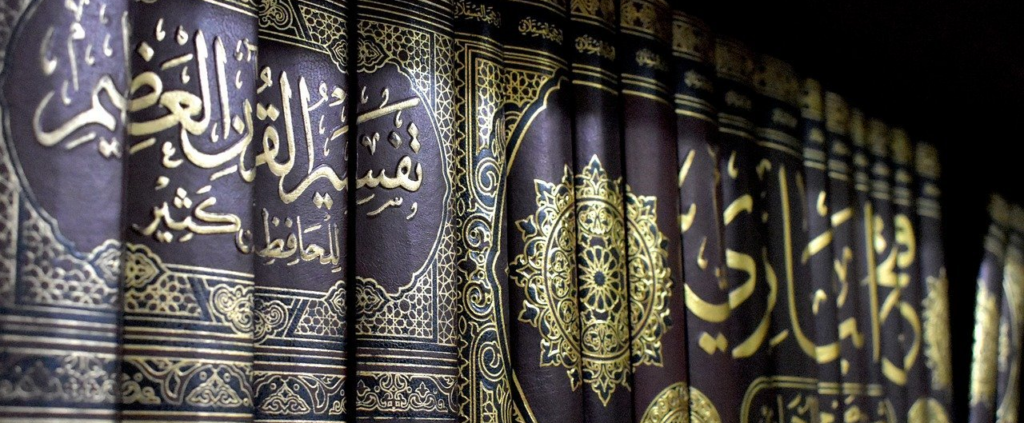
Our Curriculum
The 2-year Introductory Course
The aim of this course is to provide students with the level of proficiency in the Arabic language required to access the various disciplines and to give them a sound introduction to each of the major disciplines: ʿAqīdah [Islamic Creed], Uṣūl al-Fiqh [Legal Theory], Fiqh [Islamic Law], Ḥadīth [Prophetic Narrations] and its critical sciences, ʿUlūm al-Qurʾān [Sciences of the Qurʾān], Tafsīr [Qurʾānic Exegesis], Tazkiyah [Islamic Spirituality] and Sīrah [Prophetic Biography].
Since any student who has successfully completed this course will have invariably gained a sound theoretical basis of the basic functions and duties of an Imām, it has also acquired the title of “The Imāmah Course”. As such, upon request an Imāmah certificate is issued to those who do not wish to progress beyond this point. We recommend this course to those individuals who cannot devote themselves to six years of study yet want to gain an authentic understanding of the basics of Higher Islamic Education.
The 4-year ʿAlimiyyah Course
The ʿĀlimiyyah Course follows the Introductory Course which, as we have seen, comprises introductory modules to the major Islamic sciences and a completion of our language modules. As such, external applicants are required to have completed the same or similar modules elsewhere to qualify for admission. Applicants may also be required to pass a brief oral test to ascertain their eligibility and degree of preparedness for this course.
Advanced studies begin in earnest during the 4-year ʿĀlimiyyah Course. A thorough groundwork in all major disciplines is cultivated through a demanding and stimulating curriculum of key classical and modern texts. For example, Manāhil al-ʿIrfān by ʿAbd al-Aẓīm al-Zurqānī is a graduate level text (even post-graduate level text) in some quarters and begins in our third year (i.e., the first year of the 4-year ʿĀlimiyyah Course). Readings of Ḥadīth collections are pursued throughout this course alongside a progressively deepening study of its critical sciences, such as Ḥadīth terminology [Muṣṭalaḥ al-Ḥadīth] and the field of narrator critique [al-Jarḥ wa l-Taʿdīl]. The study of Fiqh is similarly studied concomitantly with an intensive exploration of Uṣūl al-Fiqh, culminating in al-Yūbī’s Maqāṣid al-Sharīʿah.
